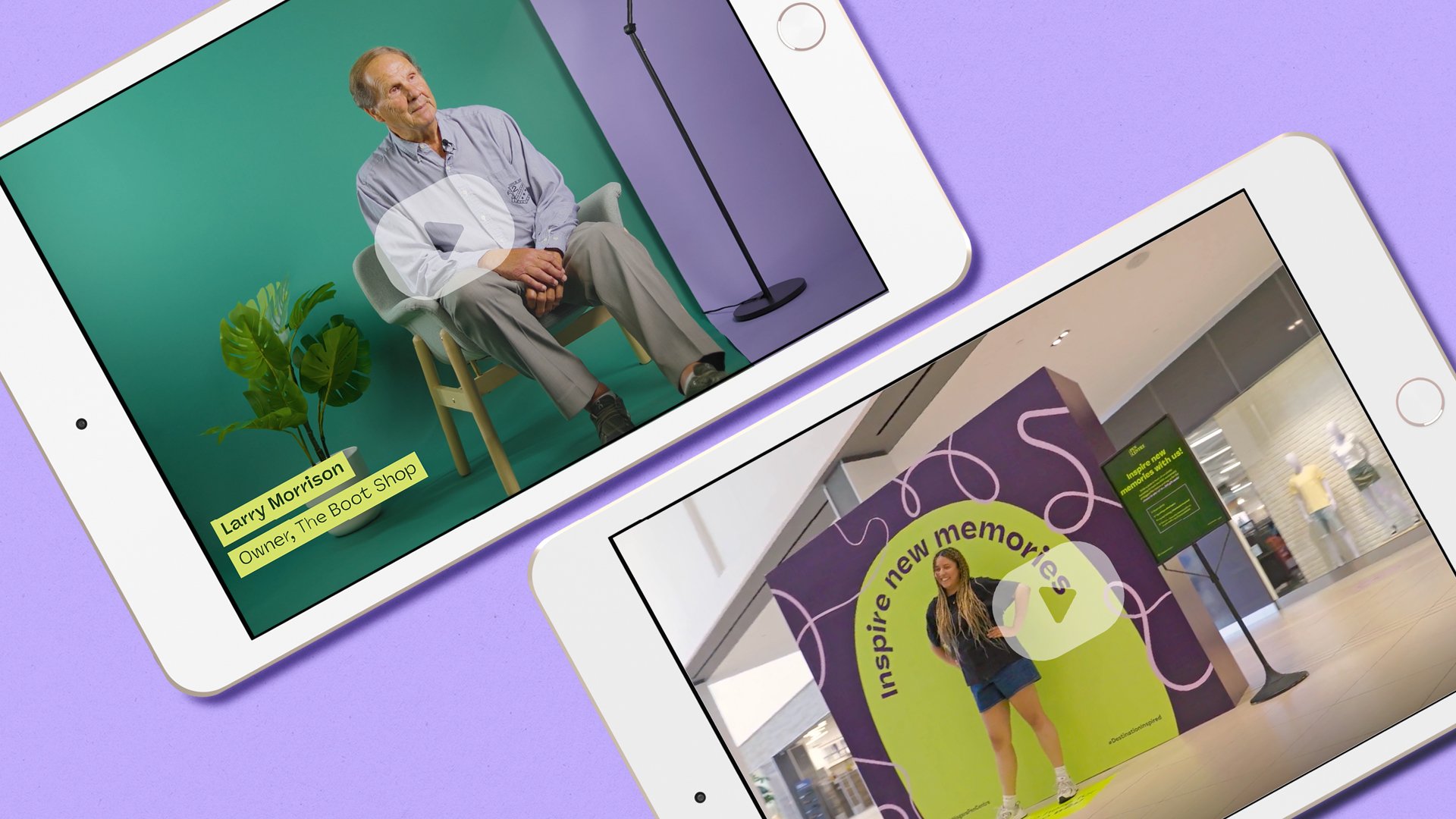Trans Day of Visibility is a global event that happens every March 31. It’s a day to celebrate the lives of trans and gender-diverse people but also not shy away from the discrimination and violence trans communities continue to experience.
As a workplace, we recognize that visibility alone isn’t enough. We need to be intentional about creating spaces where trans and gender-diverse employees not only feel safe being visibly trans—they also feel safe enough to thrive. This is especially important as our world continues to be increasingly hostile towards trans and gender-diverse folks.
We’re thrilled to announce our new resource for trans and gender-diverse employees transitioning at work (and their supervisors and coworkers). It’s a tangible way for us to reaffirm our commitment to creating safer spaces for everyone.
We decided to make parts of this resource publicly available to other organizations to inspire those who want to use their brand to make a positive impact on the lives of their employees, customers and community.
Here’s a look at some of the info in our new Transition in the Workplace Guide that will help you create a more inclusive and supportive workplace for your team.
A Few Ways UpHouse Supports Trans and Gender-Diverse Employees
The Gender Euphoria Benefit
We know there’s often transition-related expenses that aren’t covered by insurance or public healthcare. Purchasing things like makeup, binders, shapewear or clothes that reflect someone’s gender can be expensive. This is why we offer a one-time reimbursement of $500 for folks needing to purchase anything they need to help them show up to work with gender euphoria.
Celebration
Transition is something to celebrate! Whether that’s a pizza lunch at the office or a gift card to celebrate at home, we want to celebrate our trans and gender-diverse coworkers, in whatever way it feels safe and comfortable. As with every part of transitioning at work, the person transitioning is in control of what their celebration looks like.
This could be a:
- Group lunch at the office with takeout of their choice
- Cake with their chosen name on it to share with coworkers or enjoy at home
- Gift card for a more private celebration
Trans Liaison
We have a Trans Liaison who provides peer support for anyone considering coming out and/or transitioning in the workplace. They’re not a mental health professional but they can help connect folks with resources and provide advice or insights informed by their own lived experiences with transitioning in the workplace.
The Trans Liaison can also connect trans or gender-diverse folks’ supervisors and coworkers with resources/information they’re unable to find in the Transition in the Workplace Guide.
All-Gender Bathroom
Our office space in Winnipeg has an all-gender bathroom and men’s and women’s bathrooms. Everyone is welcome to use whichever one feels best for them. There are menstrual products available in spots that are accessible to everyone, so folks never have to ask for what they need; it’s just there.
Trans Employees Lead the Way
Whether it’s deciding how to come out to their coworkers or clients, what the timeline for coming out at work will be or how they will make name or pronoun corrections, trans and gender-diverse employees are the ones making those decisions. No one should ever feel pressured or rushed into making these types of decisions.
Flexible Work Plans and Time Off
We collaborate with the person transitioning to come up with a work plan that makes them feel confident, comfortable and safe. If they usually work in the office or attend things like client shoots but would prefer to work from home, we will absolutely accommodate those things.
We’re also committed to supporting folks with adequate time to heal from gender-affirming surgery and recognize surgery recovery can be unpredictable. Even if trans or gender-diverse employees don’t have any surgeries planned, they’re welcome to take some paid time off and return with their new name and pronouns for a fresh start.
Common Questions from Supervisors and Coworkers
It’s important to recognize not everyone has the same level of knowledge on trans topics. Providing common FAQs (and answers) for your team can help take the pressure off trans and gender-diverse to be educators, while also ensuring everyone has the knowledge they need to be supportive coworkers.
Here’s a few questions you or your team might have.
What’s an appropriate response if someone lets me know they’re trans or gender-diverse?
An appropriate response relies on the existing relationship between you and the person coming out. If you don’t know someone very well, you can keep it simple with something like, “Congrats Elliot! Love the new name.”
Remember, someone coming out to you is a positive thing, even if you don’t quite understand what it all means.
What should I avoid saying if someone lets me know they’re trans or gender-diverse?
Asking someone about surgeries and other aspects of medical transition like hormone therapy is not appropriate, unless someone brings it up. For example, if your coworker shares they finally got a long-awaited surgery date, this is something to celebrate.
Asking about general surgery topics like recovery time or how you can best support them while they’re away are nice ways to show you care. Avoid asking for specific details about what will happen during surgery or other private health information.
What should I do if I notice someone misgender someone else?
If you’ve been given the green light to make these corrections, don’t be afraid to do so. Corrections can sound like, “Hey, that’s not their name. They go by [chosen name] now.” You can even simply say the correct pronoun out loud when someone uses the incorrect pronoun for someone.
If you’re in a meeting with a client, a correction can sound like, “I’m sorry to interrupt. That person uses [chosen pronouns] pronouns now. Thank you! Please continue.”
What should I do if I notice someone misgender someone who isn’t present?
Misgendering is harmful, even if the person being misgendered isn’t around to notice it. However, it’s important to keep in mind that someone may not be out as trans in all areas of their life. They may be out at work but not to family, or out to coworkers but not with clients.
To avoid accidently outing someone by being an over-eager ally, ask them what they want to you to do in those situations. They might give you the green light to make corrections in every situation it happens or just specific situations.
Sometimes the safest thing to do is not say anything. This is especially important while someone is in the beginning stages of coming out as trans or gender-diverse. Everyone has their own timeline for what coming out looks like and that needs to be respected.
What should I do if someone corrects me or lets me know something I said was hurtful?
It never feels good to hear something you’ve said has hurt someone. If someone lets you know something you said was harmful or hurtful, take a moment before you respond. Try not to take it personally or get defensive. Instead, apologize and focus on understanding what you can do to make sure it doesn’t happen again.
Correcting someone about names, pronouns, or other words can put trans and gender-diverse folks in a vulnerable position and it’s rarely taken lightly. When folks opt not to make those corrections, it can be a sign that they don’t feel safe to do so or don’t have hope that saying something will make a difference.
Try to think of corrections as an invitation to continue your professional or personal relationship with the person correcting you, not as an attack on your character.
If you’re having a difficult time shifting your vocabulary with someone’s pronouns or name, try meeting with another person your trans or gender-diverse coworker has also come out to. Tell them a story about your coworker or talk about a project you worked on together and have them correct you when you slip up.
Coming Out Doesn’t Need To Be Stressful or Scary
In a world that’s increasingly hostile to trans and gender-diverse folks, company materials (like this guide) can clearly show trans and gender-diverse employees that their workplace is ready to support them. They shouldn’t have to spend time and energy figuring out if their workplace will support them or not.
Even in a workplace where most people would consider themselves accepting of trans and gender-diverse folks, a miniscule amount of doubt can make coming out more stressful and terrifying than it needs to be.
We hope this guide will inspire you to create your own and that it encourages you to support the trans and gender-diverse folks in your workplace and beyond.
Helpful Resources for Supervisors and Coworkers of Trans and Gender-Diverse Folks
Every trans or gender-diverse person is unique. Some folks enjoy taking on the role of educator and some are more private and would rather not talk about trans and gender-diverse topics.
Here’s a few resources you can use to help educate yourself.
- Advocates for Trans Equality has a Trans 101 collection of resources to better understand what it means to be trans and non-binary and how to support trans people.
- The Trevor Project has a Guide to Being an Ally to Transgender and Nonbinary Young People which has relevant information for supporting trans and non-binary people of all ages.
- Egale Canada has bilingual resources on a wide variety of 2SLGBTQIA+ topics.
- PFLAG has an extensive Glossary of Terms.
- The Winnipeg Chamber of Commerce and Rainbow Resource Centre has a guide for when an employee comes out as trans.
- This resource from We Create Space has some helpful tips for improving your pronoun skills.
- UpHouse partnered with International Day of Pink to produce Re-Emergence, a Two-Spirit documentary short, as an extension of their larger educational curriculum focused on Two-Spirit communities. (It’s important to keep in mind that some Indigenous trans or gender-diverse folks may also be Two-Spirit but not all Two-Spirit folks are trans or gender-diverse.)



